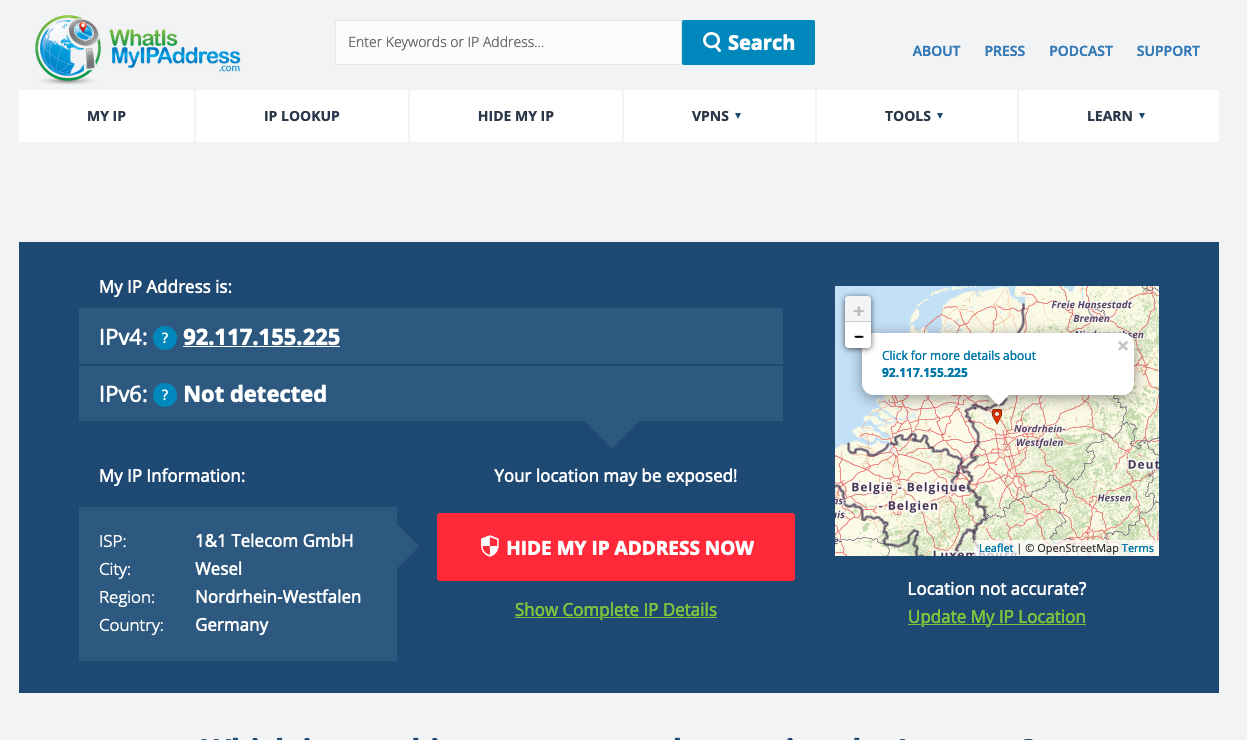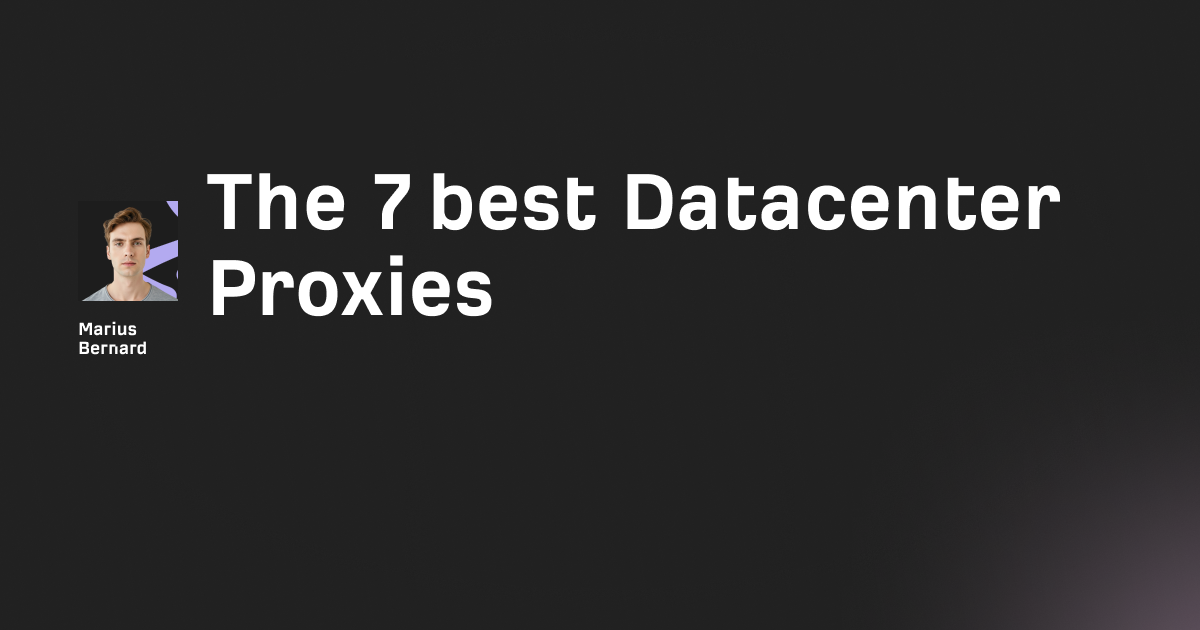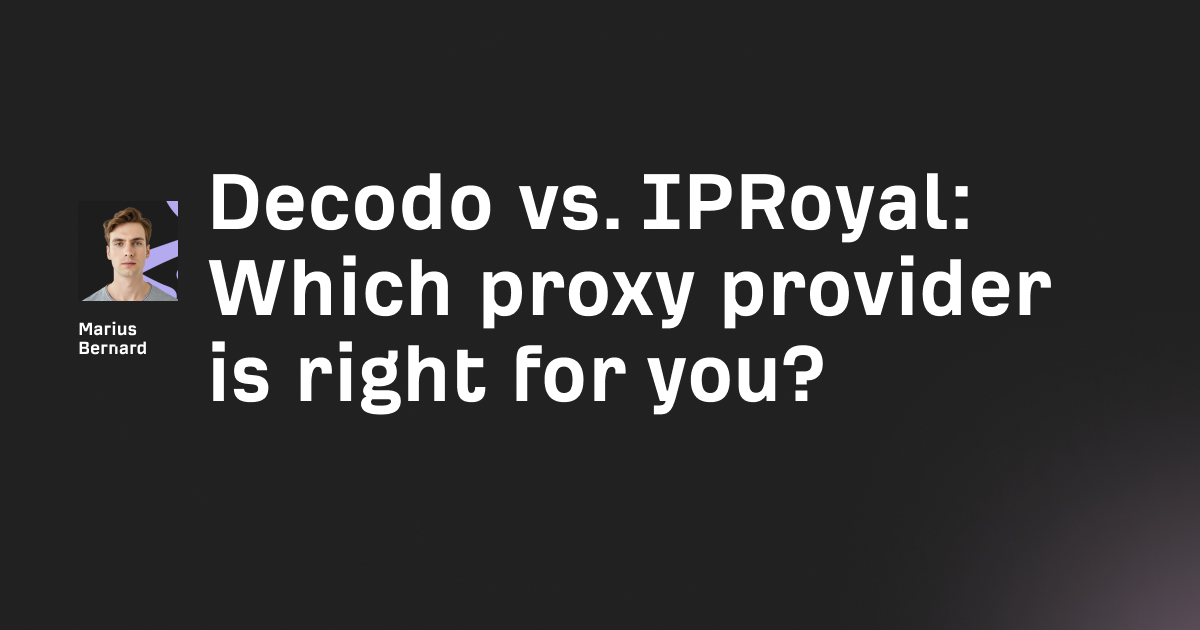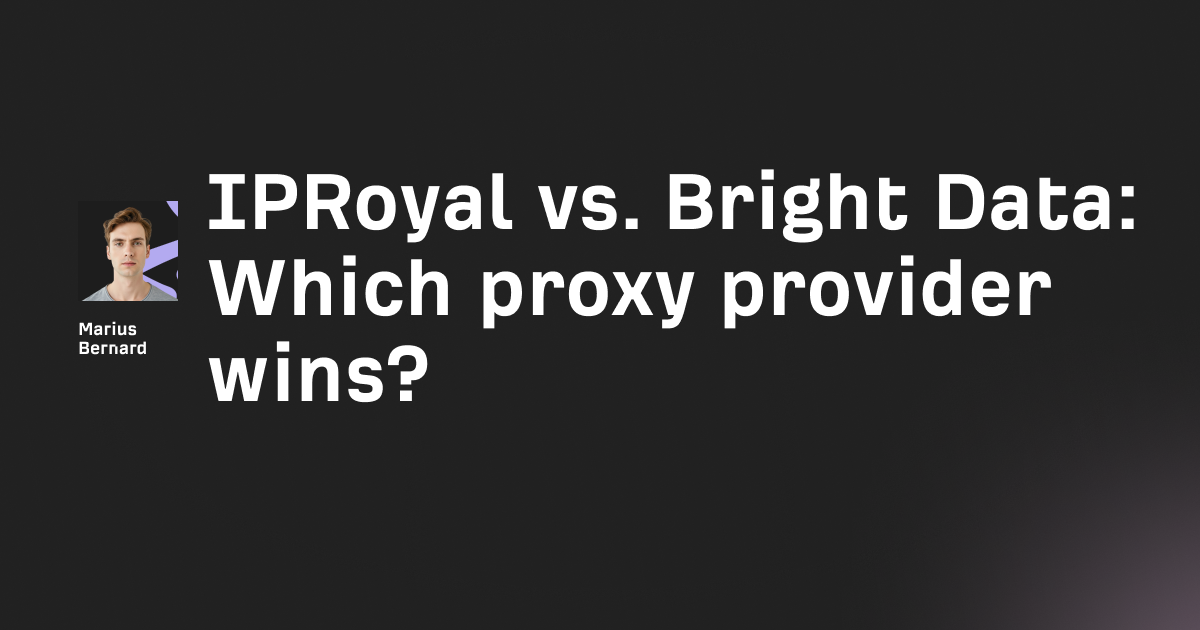A residential proxy allows you to route your internet traffic through an intermediary IP address provided by an ISP (Internet Service Provider) and assigned to a homeowner. Unlike datacenter proxies which come from a secondary corporation, residential proxies offer IP addresses attached to real, physical devices. This article will take a deep dive into how residential proxies work, their various use cases, and important considerations when using them.
What is a Residential Proxy?
A residential proxy is an IP address provided by an Internet Service Provider (ISP) to a homeowner or renter.
Unlike datacenter proxies, which come from secondary corporations, residential proxies originate from real, physical devices connected to the internet in residential locations.

This is NOT a real Residential Proxies, because TT1 is not an ISP.

This is a Residential Proxy.
These IP addresses are considered more trustworthy because they're associated with real users and devices. Many websites and online services view traffic from residential IPs as more legitimate compared to datacenter IP addresses, which can be easily flagged as proxy traffic.
How Residential Proxies Work
When you connect to the internet through a residential proxy, your online traffic appears to originate from the proxy's IP address rather than your own. This effectively masks your real IP address and location.
Here's a simplified step-by-step of how your internet traffic flows when using a residential proxy:
- You connect to a residential proxy server, typically through a proxy client application or browser extension.
- Your internet traffic is routed through the proxy server, which assigns one of its residential IP addresses to your connection.
- The proxy server forwards your traffic to the intended destination website or online service.
- The destination server sees the request as coming from the residential proxy IP rather than your actual IP address.
- The server sends its response back to the proxy, which relays the data to you.
This process allows you to browse the web or access online services anonymously, with your real IP address hidden behind the residential proxy. It also enables access to geo-restricted content by choosing a proxy in the desired location.
Residential proxies provide a higher level of anonymity and trust compared to datacenter proxies. Because the IP addresses come from real, physical devices, they're much harder to detect and block.
Legality of Residential Proxies
The legality of using residential proxies depends on your intentions and the specific activities you engage in while using them. In general, using a residential proxy is legal as long as you're not violating any laws or breaching terms of service.
However, some online activities conducted through proxies, such as web scraping, may fall into a legal gray area. Many websites prohibit scraping in their terms of service, even if the scraped data is publicly accessible. Always review a website's terms of service and robots.txt file before scraping.
Additionally, using proxies to access copyrighted content or bypass paywalls is generally considered illegal. It's crucial to use residential proxies ethically and respect intellectual property rights.
How Companies Acquire Residential Proxies
There are a few common methods companies use to create residential proxy networks:
- Peer-to-Peer Networks: Some providers incentivize users to share their idle bandwidth and IP addresses in exchange for access to the proxy network or other rewards. The provider then sells access to this crowdsourced proxy pool.
- VPN Applications: Certain free VPN apps monetize by selling user bandwidth to power residential proxy networks. Users agree to this arrangement in the service agreement, often without realizing it.
- ISP Partnerships: Some proxy providers partner directly with ISPs to lease residential IP addresses that are cycled periodically to maintain anonymity.
Sarah Johnson, Industry Analyst. The residential proxy market is evolving rapidly. As demand grows and more use cases emerge, we'll likely see new, innovative ways for providers to source residential IPs at scale.
Traceability and Anonymity with Proxies
One common question is whether you can be traced while using a residential proxy. While proxies provide a significant level of anonymity, they are not foolproof.
Most proxy providers do not log user activity, making it very difficult to trace a specific online action back to an individual user. However, in extreme cases, such as a legal investigation, authorities may be able to compel a proxy provider to share user information if it is being logged.
To maximize anonymity, it's best to choose a reputable provider that maintains a strict no-logging policy. Use secure protocols like HTTPS to encrypt your traffic between your device and the proxy. For highly sensitive activities, combining a residential proxy with a VPN adds an extra layer of privacy.
Common Use Cases for Residential Proxies
Residential proxies have a wide range of potential applications, including:
- Web Scraping: Collecting publicly available data from websites for market research, price monitoring, or lead generation.
- Ad Verification: Checking how ads appear in different geographic locations to ensure proper placement and content.
- Brand Protection: Monitoring online marketplaces for counterfeit goods or unauthorized resellers.
- Travel Aggregation: Comparing prices for flights, hotels, and car rentals from various locations to find the best deals.
- Sneaker Copping: Buying limited-edition sneakers and other high-demand products before they sell out.
Of course, this is just a sample of the many ways residential proxies are utilized. As online services evolve, new applications for proxies continue to emerge.
Choosing a Reputable Residential Proxy Provider
When shopping for a residential proxy service, it's essential to choose a trustworthy provider that offers high-quality IP addresses and reliable performance. Look for providers with:
- A large, diverse pool of genuine residential IPs
- Proxies in the locations you need
- Adequate rotation options to maintain anonymity
- No or minimal IP blocking or CAPTCHAs
- Fast proxy speeds and low latency
- Easy integration with common tools and platforms
- Responsive customer support
Avoid free proxy services, as they often deliver slow speeds, unreliable connections, and potentially even steal your data. Stick with reputable paid providers to ensure you get the best performance and privacy protections.
Residential proxies are a powerful tool for enhancing online anonymity and accessing geo-restricted resources. By routing your internet traffic through an intermediary server with a residential IP address, these proxies help mask your real identity and location.
While incredibly useful, it's crucial to use residential proxies responsibly and legally. Always be mindful of terms of service, and avoid activities that infringe on intellectual property rights.
As residential proxy technology continues to advance, we can expect to see even more innovative applications and use cases in the future. For now, understanding the basics of how these proxies work and what to look for in a provider can help you leverage this tool effectively and safely for your online needs.
Conclusion
Residential proxies offer a powerful tool for enhancing online privacy, accessing geo-restricted content, and conducting various web-based activities without revealing your true IP address. By understanding how residential proxies work, their legal implications, and the methods used by providers to obtain IP addresses, you can make informed decisions about incorporating them into your online strategies.
As with any privacy tool, it's essential to use residential proxies responsibly and in compliance with applicable laws and ethical guidelines. When selected and used properly, residential proxies can provide a valuable layer of anonymity and flexibility in today's digital landscape.
Remember, while residential proxies are an important component of online privacy, they are not a complete solution on their own. Combining residential proxies with other privacy measures, such as VPNs, secure browsers, and mindful online behavior, can further strengthen your anonymity and protect your sensitive information.
As you navigate the world of residential proxies, take the time to research reputable providers, understand their practices, and choose solutions that align with your specific needs and values. We at Roundproxies help clients like you to get the most premium proxies, at low cost – or if you wish to learn more, check out our other guides at our blog.






![IPRoyal vs Oxylabs: Which provider is better? [2026]](https://cdn.roundproxies.com/blog-images/2026/02/iproyal-vs-oxylabs-1.png)


